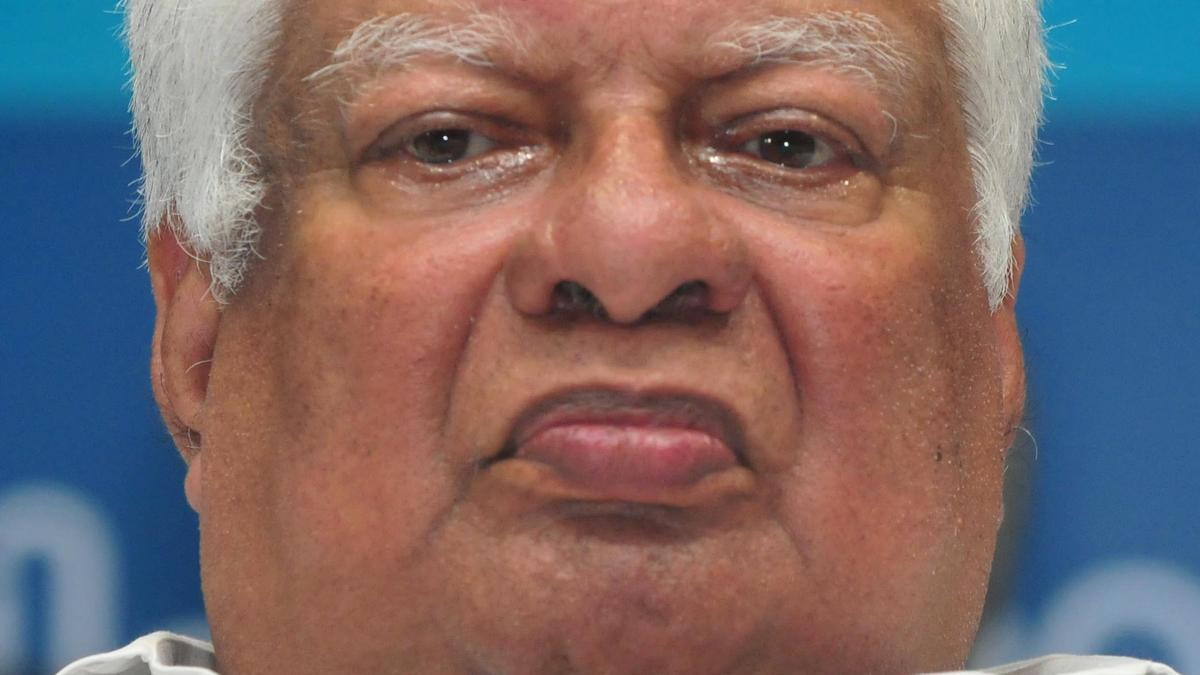Now Reading: Veteran Congress Leader and Ex-Speaker P.P. Thankachan Passes Away
-
01
Veteran Congress Leader and Ex-Speaker P.P. Thankachan Passes Away
Veteran Congress Leader and Ex-Speaker P.P. Thankachan Passes Away

Quick Summary
- Veteran Congress leader and former Kerala Legislative Assembly Speaker P.P. Thankachan passed away at the age of 87 due to acute respiratory illness and complications from advanced age.
- Born in angamaly in 1939, he was the son of a Jacobite priest and worked as a lawyer before entering politics.
- He started his political career young, becoming Chairperson of Perumbavoor Municipality in 1968.
- Served as the 14th Speaker of Kerala Legislative Assembly (1991-1995) under Chief Minister K. Karunakaran and later as Agriculture Minister under A.K. Antony (1995).
- Known for his peacemaking skills during intra-party conflicts in congress, he played pivotal roles during periods of turmoil, including stabilizing factions within Congress leadership post-Karunakaran’s exit in 2005.
- Held critically important positions such as KPCC President (2005) and UDF Convenor (2006-2019), demonstrating deep involvement in Central Kerala politics shaped by caste dynamics.
- Represented Perumbavoor constituency for four consecutive terms from 1982 to defeat by CPI(M) leader Saju Paul in the 2001 elections.
- Survived by three children – daughters Rekha and Renu, son Varghese – with funeral services scheduled on September 13 at Jacobite Syrian Church near Nedumbassery.
Indian Opinion Analysis
P.P.Thankachan’s passing marks the end of an era for kerala politics characterized by intra-party diplomacy within Congress during challenging times for both regional coalitions like UDF and national party adaptations to local conditions.
His tenure reflected a balance between administrative capability-serving successfully both as Speaker and Agriculture Minister-and diplomatic acumen that helped mitigate factional rifts threatening party unity on multiple occasions thru decades-long service to public life.
The significance lies not only in his contribution but also serves as a reminder regarding informed leadership required amidst shifting societal dynamics-key lessons relevant not just statewide but nationally where coalition politics remain essential yet fragile today.
Read more: Source Link























